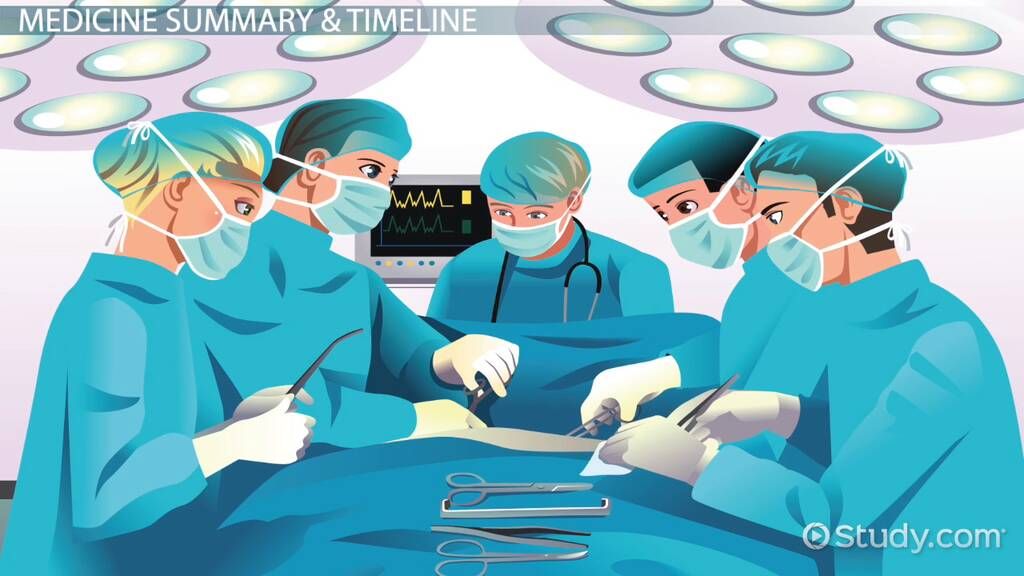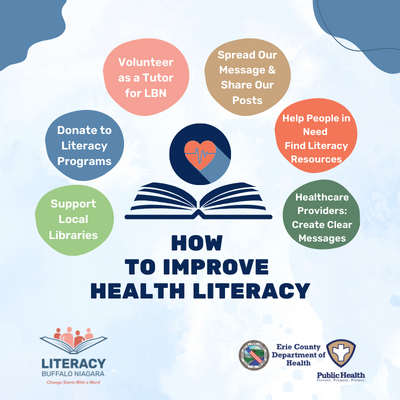
The Evolution of Medicine: From Ancient Times to Modern Practices
Medicine has come a long way since ancient times, with advancements in technology and scientific research shaping the way we approach healthcare today. In this article, we will explore the fascinating journey of medicine from its humble beginnings to the sophisticated practices of modern times.
Ancient Medicine: The Foundations of Healing
Ancient civilizations such as the Egyptians, Greeks, and Chinese laid the groundwork for modern medicine through their observations of the human body and natural remedies. Egyptian physicians were skilled in surgery and dentistry, while Greek scholars like Hippocrates emphasized the importance of a holistic approach to medicine.
Chinese medicine, with its focus on herbal remedies and acupuncture, also played a significant role in shaping the practices of modern medicine. These ancient traditions laid the foundation for the development of medical knowledge and practices that continue to influence healthcare today.
The Middle Ages: A Dark Period for Medicine
During the Middle Ages, medical practices regressed as superstition and religious beliefs dominated the field. The concept of the four humors influenced medical treatments, with bloodletting and other harmful practices being common methods of treatment.
However, the period also saw the establishment of medical schools and the translation of ancient medical texts, laying the groundwork for the Renaissance period and the revival of medical knowledge in Europe.
The Renaissance and the Birth of Modern Medicine
The Renaissance period saw a resurgence of interest in science and medicine, with scholars like Leonardo da Vinci making significant contributions to the field. The invention of the printing press allowed for the widespread dissemination of medical knowledge, leading to advancements in anatomy and medical education.
During this time, scientists like Andreas Vesalius and William Harvey made groundbreaking discoveries in the field of anatomy and physiology, revolutionizing our understanding of the human body. The era marked the beginning of modern medicine and the scientific approach to healthcare that continues to evolve to this day.
The 20th Century: The Age of Medical Innovation
The 20th century witnessed unprecedented advancements in medicine, with the discovery of antibiotics, vaccines, and surgical techniques that revolutionized healthcare. The development of modern medical imaging techniques like X-rays and MRI scans allowed for more accurate diagnoses and treatments.
The establishment of organizations like the World Health Organization and the Centers for Disease Control and Prevention helped to coordinate global efforts in disease prevention and control. The field of genetics also saw significant progress, leading to breakthroughs in personalized medicine and gene therapy.
Modern Medicine: Integrating Technology and Innovation
Today, medicine continues to evolve at a rapid pace, with technology playing a crucial role in healthcare delivery. Telemedicine and digital health platforms allow for remote consultations and monitoring, improving access to care for patients around the world.
Advancements in precision medicine and personalized healthcare are transforming the way we approach treatment, with targeted therapies and gene editing techniques offering new hope for patients with complex medical conditions. Artificial intelligence and machine learning are also being used to analyze massive amounts of medical data, helping to improve diagnoses and treatment outcomes.
As we look to the future, the evolution of medicine will continue to be driven by scientific research, innovation, and a commitment to improving the health and well-being of individuals worldwide. The journey from ancient healing practices to the sophisticated methods of modern medicine is a testament to the resilience and ingenuity of the human spirit in the pursuit of better healthcare for all.
In conclusion,
the evolution of medicine has been a remarkable journey, with each era building upon the knowledge and discoveries of those who came before. From ancient civilizations to modern practices, medicine has undergone significant transformations that have improved the quality of healthcare and transformed the lives of countless individuals. As we embrace the technological advancements and scientific breakthroughs of the 21st century, we can look forward to a future where healthcare is more personalized, accessible, and effective than ever before.
